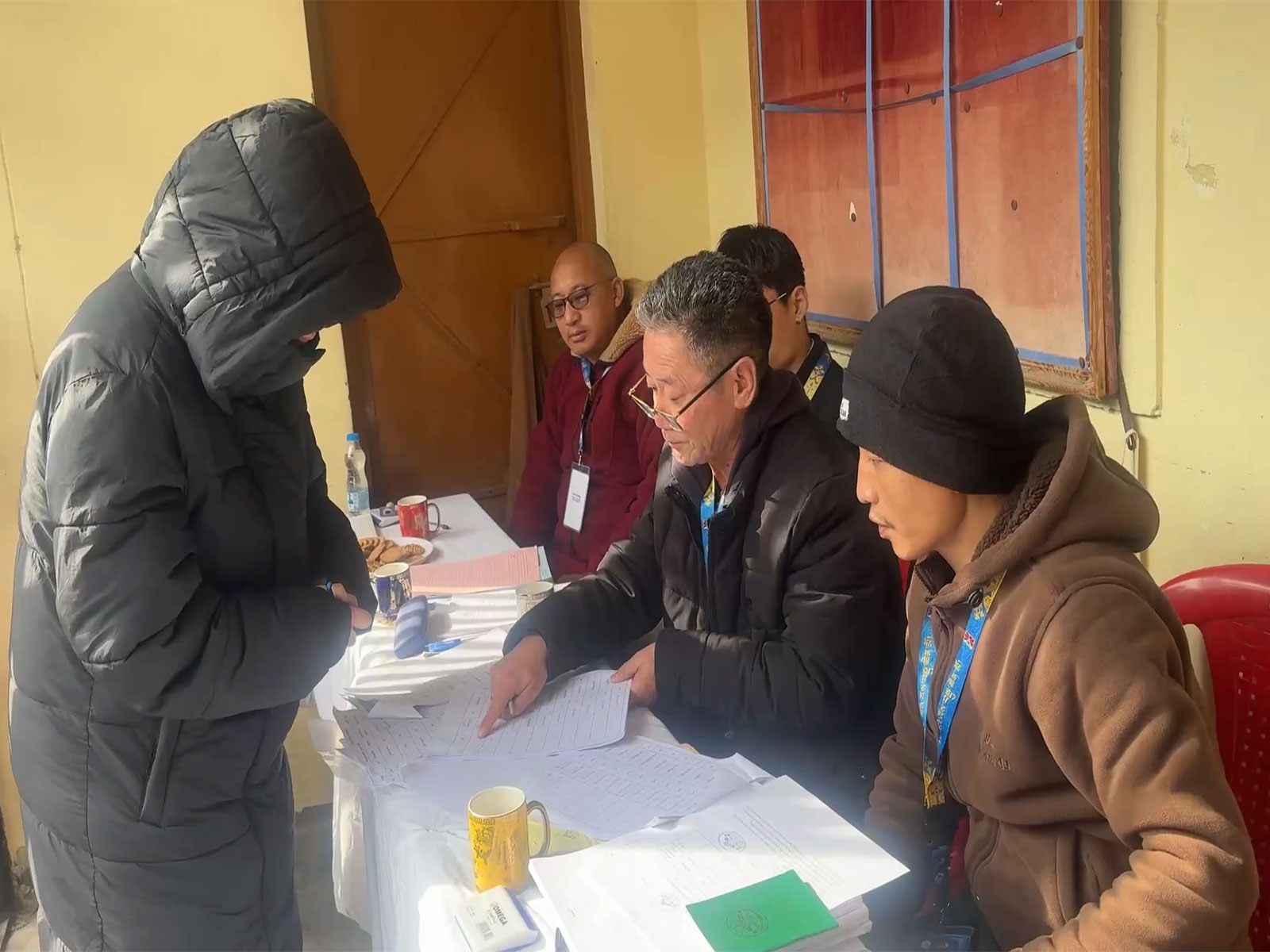Chinese senior citizens seeking retirement homes scammed
Mar 02, 2021

Washington [US], March 2 : Rooms and beds for Chinese retirees are in short supply as the population is ageing, leaving many vulnerable to companies pitching risky investments, reported The New York Times.
By 2050, half a billion people in China will be 60 or older, according to government estimates. China's looming elder-care crisis has provided an opening for fraudsters and Ponzi-like investment schemes, according to the Chinese government.
Alexandra Stevenson and Cao Li, writing for The New York Times reported that hundreds of scam cases are under investigation. The Chinese authorities have prosecuted many companies who are involved in retirement home scams.
The inquiries so far have covered hundreds of millions of dollars in money raised with the promise of securing a room or a bed. The problem has become so widespread that China's top judicial bodies have labelled the retirement industry one of the sectors hardest hit by what they call illegal fund-raising, reported The New York Times.
In Yiyang, a retired handyman was so distraught after losing the life savings that he threw himself into a river last month and drowned, according to state media.
Traditionally Chinese families have taken care of elderly parents. In the wake of China's now-defunct one-child policy, and because of mass migration to big cities, fewer people can care for the ageing population. The government provides care to only the most vulnerable, known as the "three no's" -- those with no family, no financial support and no ability to work.
"We have a continuously ageing population, and government-funded public services are not enough to look after this population," said Dong Keyong, a professor at the School of Public Administration and Policy at Renmin University of China in Beijing.
China's government has turned to the private sector, promising subsidies and tax benefits for companies that build homes. But the cost of building a nursing home is high, and the rewards are often too low because most people cannot afford high-quality care, reported Alexandra Stevenson and Cao Li.
In Beijing, for example, the monthly bill at retirement homes can be as high as USD 1,500, according to one report, triple the average retirement paycheck of USD 535 a month.
To surmount those challenges, some builders skirt laws that forbid them to accept money from residents before the retirement homes are built. Instead of pre-selling a home or a bed directly, those builders create side investment products that promise high interest rates in addition to future membership benefits.
The authorities and elder-care experts say financial products often turn into Ponzi-like schemes. Money raised from later investors is sometimes used to pay earlier investors. If they can't pre-sell enough homes or beds to start construction, the project evaporates -- and so does the money.
Seniors in rural areas could be especially vulnerable. They often live alone because their children have moved to big cities for jobs. About 16 million elderly people had been left behind in rural areas, according to a 2016 survey by the Ministry of Civil Affairs.
Many older adults "don't have the financial resources to pay for long-term care services and they don't have children who can provide the care for them, so they are basically stuck," said Bei Wu, a professor of public health at New York University who has studied China's elderly for three decades.


















